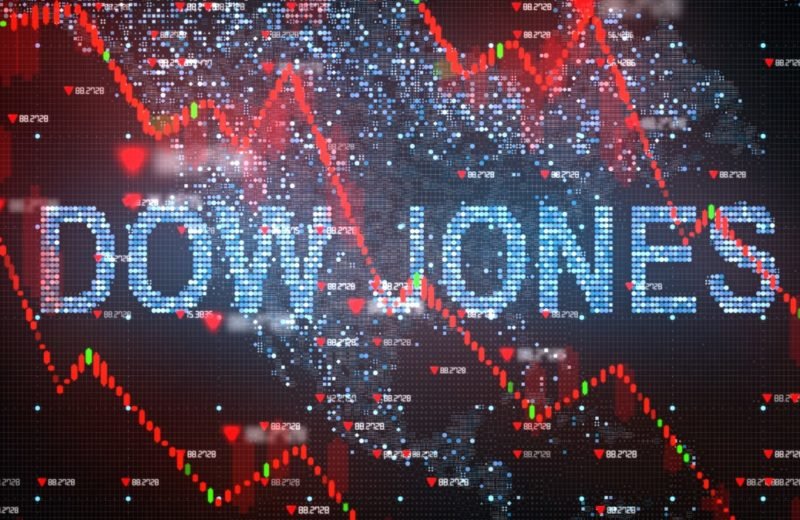In a fresh burst of nerves over surging coronavirus cases, Chinese stocks fell 5% on Tuesday; this brought year-to-date losses to close to 20%.
The CSI 300 index of Shanghai and Shenzhen-listed stocks closed down 4.6%; they were exacerbated by reports that Beijing had signaled its willingness to provide Russia with military assistance to support its invasion of Ukraine.
Hong Kong’s Hang Seng index fell nearly 6% to its lowest closing level since 2016. The city’s China Enterprises index of large and liquid Chinese stocks fell 6.6%.
Companies with significant exposure to the consumer and travel industries bore the brunt of the sell-off. For the second day in a row, a Bloomberg index of Macau casino operators fell more than 11%. In contrast, the China Real Estate Owners and Developers index, a gauge of property developers, fell 10% to the lowest close in nearly a decade.
Concerns about the possibility of additional lockdowns prompted offshore investors to sell Chinese stocks at the fastest pace in 20 months on Tuesday. Store connect programs that facilitate cross-market trading between Hong Kong and mainland bourses recorded net sales of more than Rmb16 billion ($2.5 billion); it brought the week’s total divestment to more than Rmb30 billion.
Separately, the People’s Bank of China kept medium-term lending rates unchanged; however, there were expectations that the central bank would cut them by 0.1 percentage point in response to mounting economic pressure and disruption caused by the COVID surge.
U.S. Stock Futures Are Higher
Stock futures were higher in early morning trading after major indexes rallied. Moreover, oil prices fell below $100 per barrel ahead of the Federal Reserve meeting on Wednesday.
The Dow Jones Industrial Average futures rose 214 points, while the S&P 500 futures rose 0.71 percent and the Nasdaq 100 futures rose 1.2 percent.
The gains came ahead of a crucial Federal Reserve meeting on Wednesday when the central bank expected to raise interest rates by a quarter-point, the first increase since 2018. The central bank expected to release a new quarterly forecast, indicating five or six more rate hikes this year.
Wednesday, the Fed is expected to announce an interest rate decision and economic projections. Subsequently, there will be a briefing from Federal Reserve Chair Jerome Powell.
Meanwhile, oil prices fell below $100 on Tuesday after reaching a multi-year high of $130 earlier this month. In contrast, commodities like gold, which have been volatile recently, fell 1.59 percent.
The U.S. and global oil benchmarks fell below $100 per barrel; West Texas Intermediate and Brent crude fell 6.4 and 6.5 percent, respectively. The pullback put pressure on some energy stocks, including Exxon and Chevron, which fell about 6% and 5% on Tuesday, respectively.















